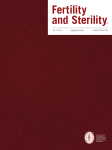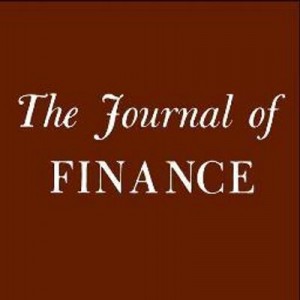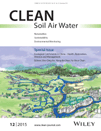When our co-founders launched the site in 2010, they wondered whether there would be enough retractions to write about on a regular basis. Five+ years and three full-time staffers later, and we simply don’t have the time to cover everything that comes across our desk.
In 2012, we covered a group of duplication retractions in a single post, simply because duplications happen so frequently (sadly) and often don’t tell an interesting story. So in the interest of bookkeeping, we’re picking up the practice again.
Here are five unrelated retractions for your perusal: all addressing duplications, in which the same – or mostly the same – authors published the same – or mostly the same – information in two different – or sometimes the same – journals.
So, on the buffet table we offer the following entrees: Continue reading You’ve been dupe’d: Meet authors who like their work so much, they publish it twice









